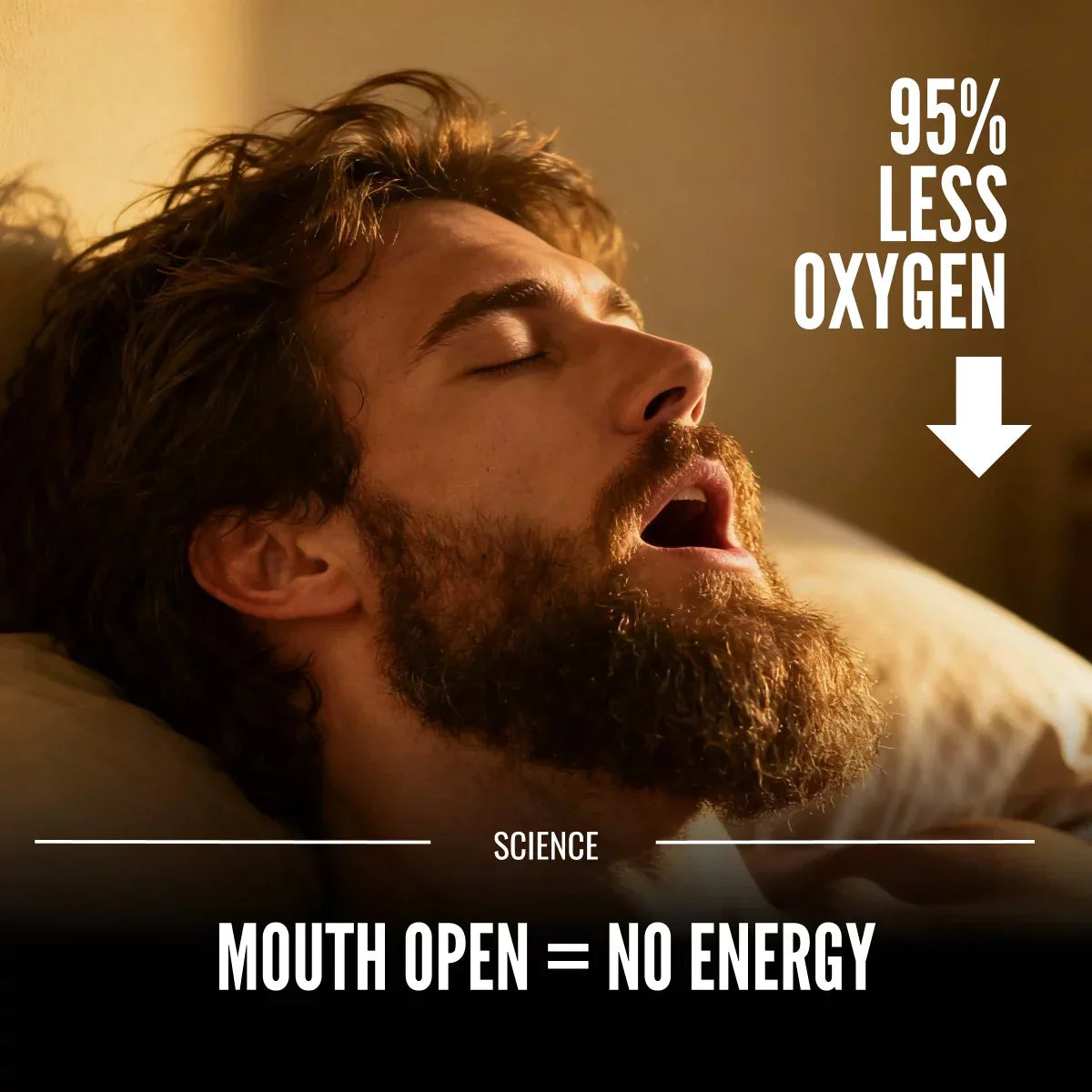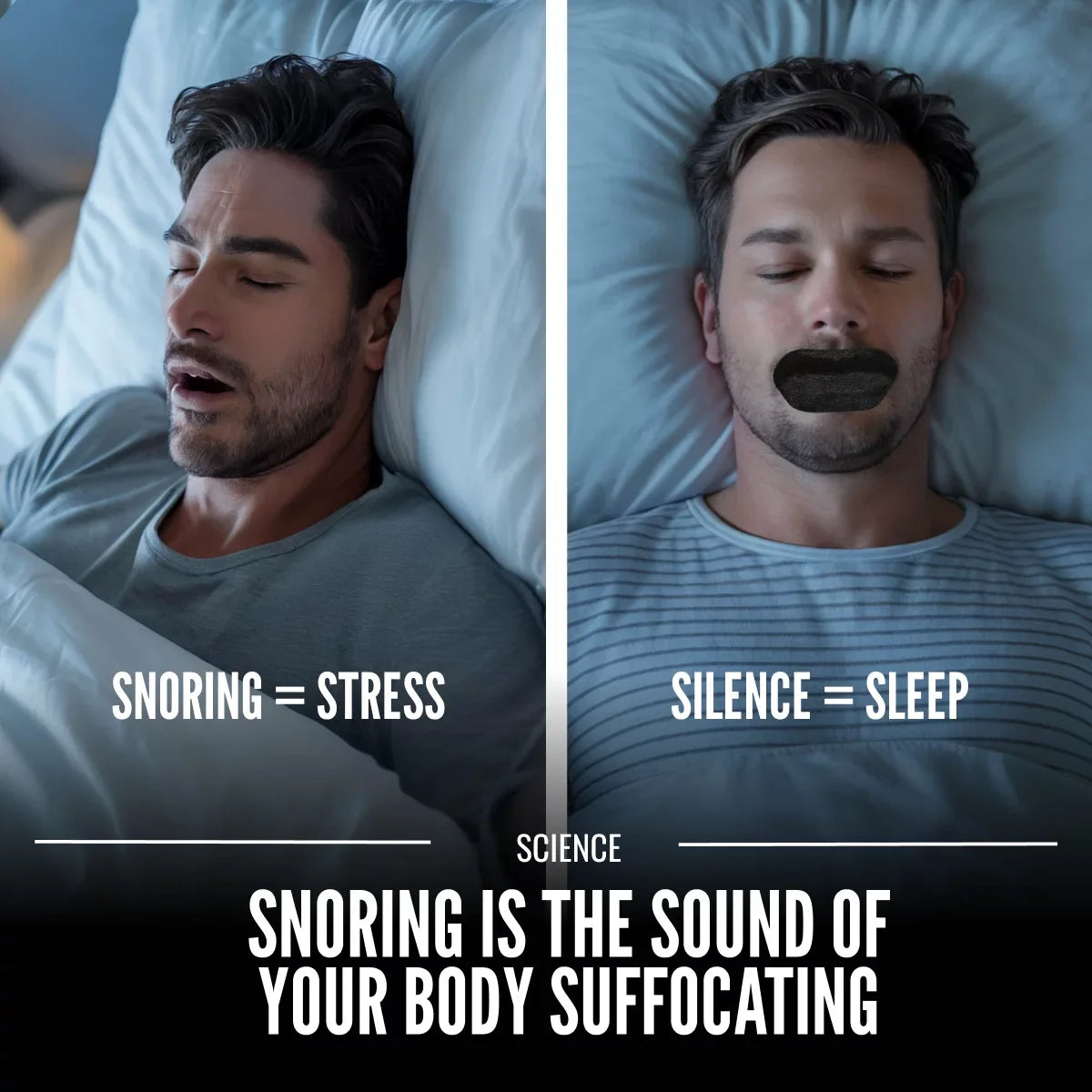How to Stop Snoring
Snoring: it’s not something we really tend to think about unless we’re sleeping in the same bed with another person or living in close proximity to others. However, if it turns out that we do snore, it can be something that inconveniences those around us, becoming a source of stress for both them and ourselves. Moreover, snoring can contribute to a wide range of health problems, including fatigue from poor sleep, not getting enough oxygen during the night, and even increasing our risk for a wide range of diseases including high blood pressure (which might lead to stroke or a heart attack) and type 2 diabetes.
If you’re someone who snores, you’re not alone. Research indicates that approximately 45 percent of people snore occasionally, and a quarter of people snore regularly. Fortunately, it’s not something that you have to tolerate. There are ways to stop snoring and get a good night’s sleep (especially one that doesn’t regularly disrupt the sleep of those closest to you). If you’re looking for solutions, let’s dive into an exhaustive list of how to stop snoring so that you can begin tackling solutions that work best for you!
Improve Your Quality of Sleep by Changing Your Lifestyle
Cut out smoking and alcohol
While the occasional glass of wine isn’t going to dramatically impact your overall health, those who drink or smoke regularly and excessively put themselves at risk for numerous health problems. In regards to cigarettes, cigarette use directly correlates with snoring more, while those who quit tend to snore less over time. Meanwhile, alcohol can increase snoring and potentially cause obstructive sleep apnea, even if you don’t already have it. Cutting back on both can reduce snoring and improve your sleep hygiene.
Exercise more and eat healthily
Exercise is great for your health and can reduce the risk of obesity-related snoring and sleep apnea. Getting started can be as simple as walking daily or adding more movement into your routine. Combined with healthy eating, this can reduce snoring and improve overall rest.
Try mouth exercises
Also known as oropharyngeal exercises, these strengthen your tongue, throat, and palate. While it may sound unusual, research shows they can reduce snoring. Talk to a specialist to learn more.
Practice better sleep hygiene
- Don’t use electronics before bed
- Ensure your bedroom is quiet and dark
- Avoid caffeine at least six hours before bedtime
- Stay active during the day
- Give yourself enough time to rest
Stop Snoring Once You Lie Down
Try sleeping on your side
Sleeping on your back may worsen snoring. Training yourself to sleep on your side with body pillows or positioning aids can help.
Look for tools designed to stop snoring
- Nasal Strips: Expand nasal passages internally or externally to reduce snoring.
- Mouthpieces: Adjust jaw or tongue placement to keep airways open.
- Mouth Tape: Keeps lips sealed to promote nasal breathing, reducing snoring and dry mouth.
Seek Out More Permanent Treatments
If lifestyle changes and tools don’t work, surgery may be an option. Procedures include:
- Somnoplasty: Uses radio waves to reshape tissues in the throat.
- Laser-Assisted Uvulopalatoplasty: Removes tissue from the uvula and soft palate, though less common today due to side effects.
- Palatal Implants: Stiffen the soft palate to reduce snoring, often used for sleep apnea.
Surgery comes with risks, so always consult a specialist before pursuing permanent options.
Ready to Work Towards Better Sleep? Try Hostage Tape!
If you want to reduce snoring with a simple, non-invasive option, try Hostage Tape. This CPAP-friendly mouth tape keeps your lips closed, encourages nasal breathing, and comes in packs of 30 strips. It’s easy to apply, irritation-free, and safe to remove in case of emergency.
Join our Facebook Group here to have discussions and get sleep hacks with like-minded people suffering from snoring, sleep apnea, and mouth breathing.
Don’t let snoring take you Hostage!
The secret nobody is talking about.
Great sleep, Made simple.
The most comfortable mouth tape on the planet.







Share:
5 facts about exercise and sleep
Mouth Taping for Sleep